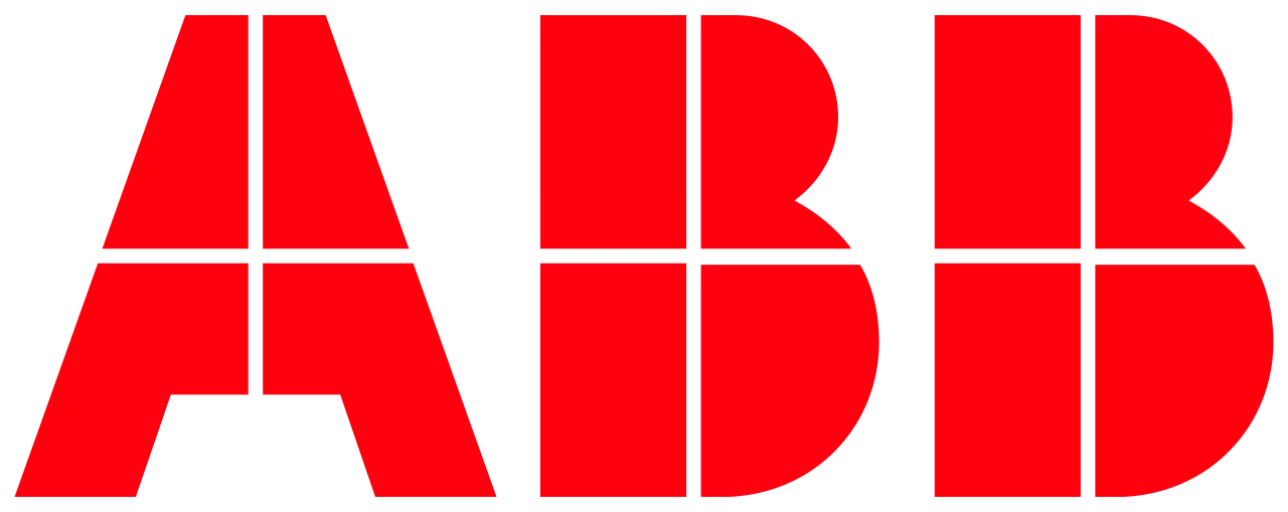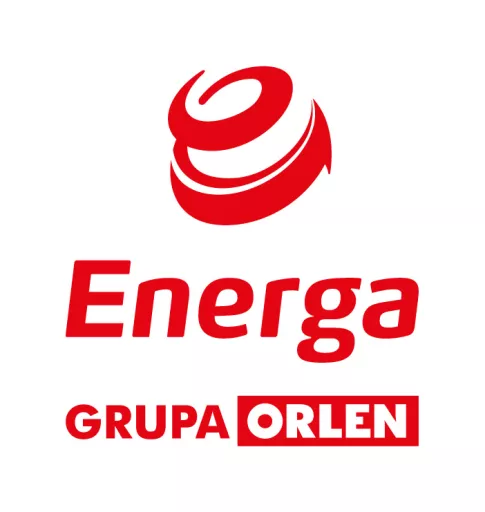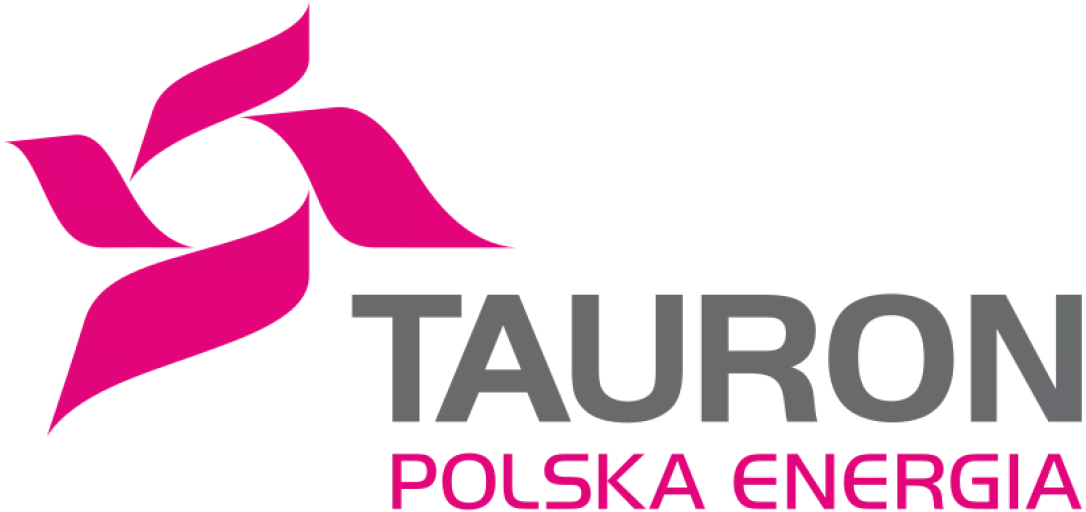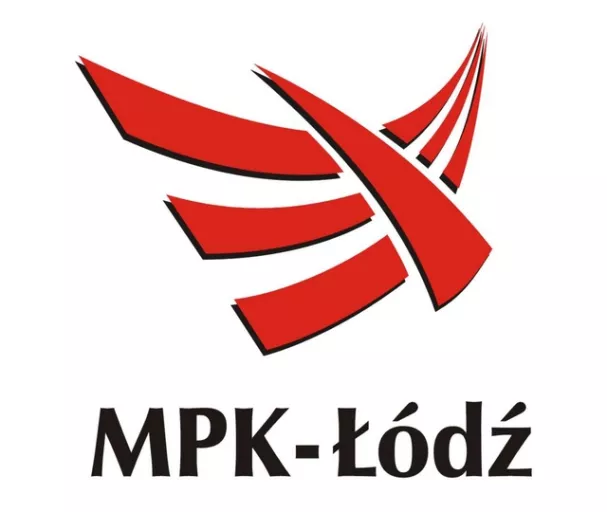
Electrical Engineering
Professional title
Cycle of study
Mode of study
Number of semesters
Language of instruction
Admission
Dyplom zawodowy
W rekrutacji na ten kierunek nie jest brany pod uwagę dyplom technika
About the field of study
Electrical Engineering is a field of study for those who have already gained basic knowledge and skills in their first-cycle studies and want to gain new perspectives. The curriculum allows you not only to supplement your existing education, but also to gain specialized competence in one of three elective areas: automation and metrology, electrical engineering, and Internet technologies in mechatronics. Depending on the choice of specialization, the program focuses on training in specific professional areas, although it also includes subjects necessary for understanding the field of electrical engineering in its entirety, such as electromechanical drive systems or computer networks. Students will also learn about measurement methods and optimization methods. Second-cycle Electrical Engineering graduates find employment in the electrical power industry, in positions related to generation, transmission and distribution, in research and development centers and design offices (ISPOL-Projekt).
The study program is available here
Specializations:
- automation and metrology,
- electrical engineering,
- Internet technologies in mechatronics.
Competencies you will gain
About you
Nikola Tesla said: "I have invested all my money in experiments, thanks to which I have made discoveries that allow mankind to lead a slightly easier life." Electrical engineering is an ideal field to improve everyone's life. The second-cycle of training deepens the education in this area, and allows you to acquire completely new skills. You'll gain knowledge of electrical engineering and related fields - you'll explore thermal issues in electrical engineering, learn about electrical power informatics and diagnostics, electrical power automation, and learn how to perform measurements in electrical power engineering. You will learn what modeling in electrical engineering, computational intelligence, engineering graphics or programming in mechatronics are. You will also learn about information technology in management, data processing methods. Training cycles are implemented in the form of lectures, exercises, advanced modern laboratories, design classes and thesis writing. What prospects await a graduate of the field of study? Jobs in industry, business and academia, as well as the prospect of opening your own business, employment in design offices, manufacturing plants and electrical engineering assembly companies. A great preparation for entering the workforce is to complete a 4-week industrial internship.
Internship
Job perspectives
- power industry: generation, transmission and distribution, trading (Polskie Sieci Elektroenergetyczne S.A, PGE Polska Grupa Energetyczna S.A., Energa S.A. Capital Group),research and development centers
- design offices (ISPOL-Projekt)
- companies: ABB: Transformer Factory, ABB Engineering Services Center, ABB Corporate Research Center, Power Transformation Equipment and Drives Plant and Electric Motors Plant; APATOR Elkomtech; Breve Tufvassons; BSH Home Appliances; Celma Indukta; Dąbrowska Fabryka Maszyn Elektrycznych "Damel"; ELESTER; EMIT Cantoni Group, BESEL Electric Motors Factory; Transformers Factory in Żychlin; General Electric Power Controls; Łódź Agglomeration Railway; PGE Górnictwo i Energetyka Konwencjonalna S.A.; SEW-EURODRIVE; SIEMENS; WIELTON; WOLTAN; Zakład Maszyn Elektrycznych EMIT S.A.; ZPUE Koronea; ZREW Transformatory S.A.
- technical universities and vocational education









